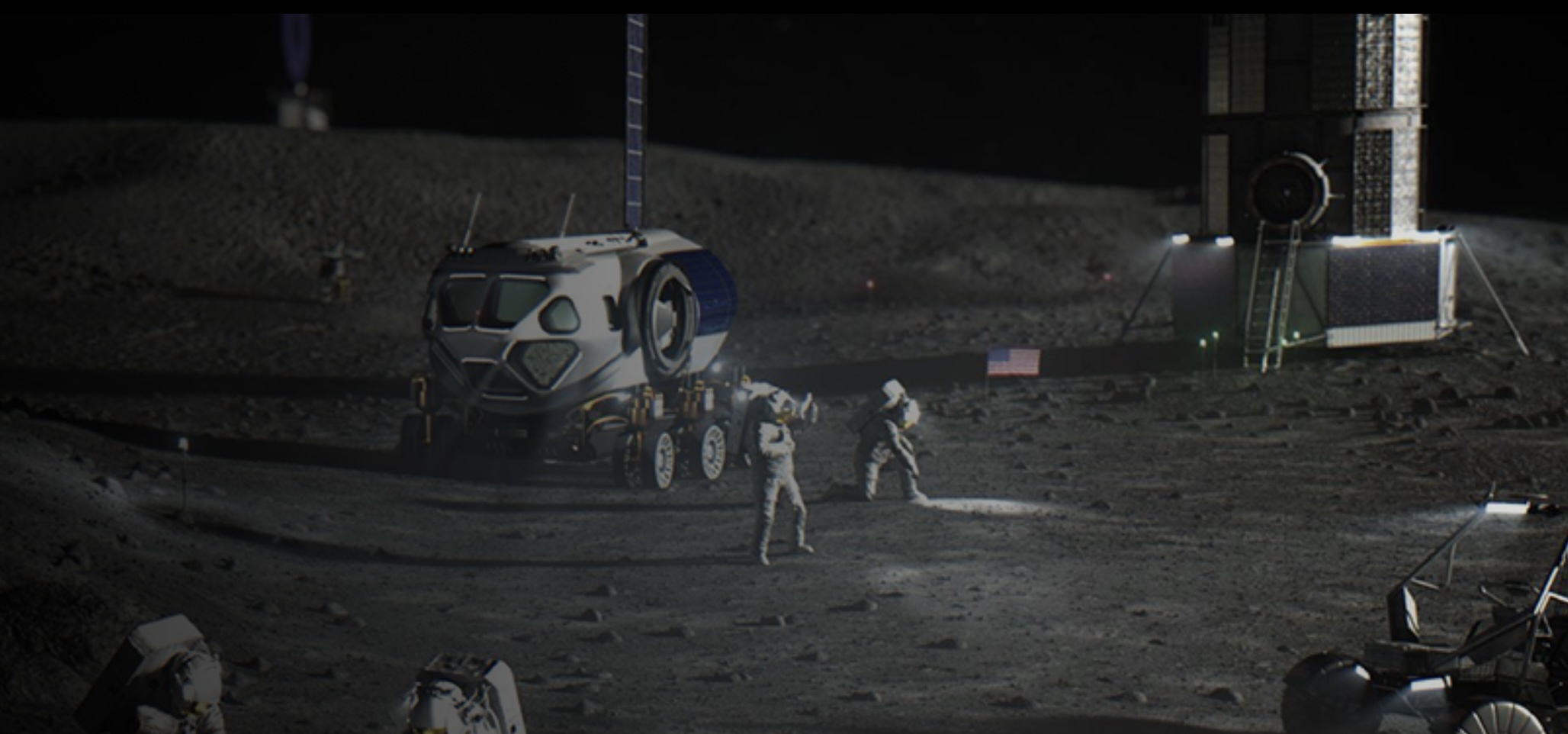14.11.2024

Elizabeth Frank (PhDGeol’14) is helping pave the way for a new era of space exploration and commerce as the chief scientist at Interlune, a Seattle-based startup aiming to become the first private company to harvest the Moon’s natural resources, namely the stable isotope helium-3.
This useful gas, while rare on Earth, is abundant on the Moon and sought after for its uses in medical imaging, nuclear fusion research, quantum computing and more. For the extraction and transportation of the isotope, Interlune plans to build a lunar harvester that the company would fly via spacecraft to the Moon.
What is the vision in terms of the future of space mining and space commerce?
We are trying to find novel ways to leverage the commercial space sector for planetary exploration. What makes people excited about Interlune is that even though we have this vision that seems kind of sci-fi, we have actual customers on Earth in areas like quantum computing, medical imaging and national security. There is an actual demand.
Your PhD was in planetary geochemistry at CU. What led you to Boulder?
There’s an incredible space community in Boulder — a lot of interdisciplinary work among CU departments and organizations like LASP and the Southwest Research Institute. When I was touring CU, I was handed a list of planetary scientists in Boulder that was upwards of 50 people. I thought, “Oh my gosh, there’s just so much going on.”
Your work seems to challenge the idea that industries exist in a silo. Can you talk more about your multidisciplinary approach?
When you’re a PhD student, you are expected to be a specialist. But I don’t actually identify anymore as a specialist. I’m a generalist — I have a PhD in planetary geochemistry, but I’ve also worked in spacecraft engineering, mining consulting, business development and more. To move humanity forward, you need people like me to stitch the specialists’ work together in new and exciting ways.
What topics in the field have been piquing your interest these days?
Ethics and sustainability are really top of mind. The mining industry has a long legacy of harming both people and the environment. I think that we can learn from the mistakes of the past. We want to be intentional and thoughtful about how we use technology and extract space resources for human use.
Any thoughts or advice for recent graduates?
I think PhD students and graduates should know that just because you got your degree in one topic, doesn’t mean you have to stay in that field. You can redirect your career in unexpected and exciting ways. Stay open to opportunities and take them — you never know where they’ll lead you.
Quelle: University of Colorado
